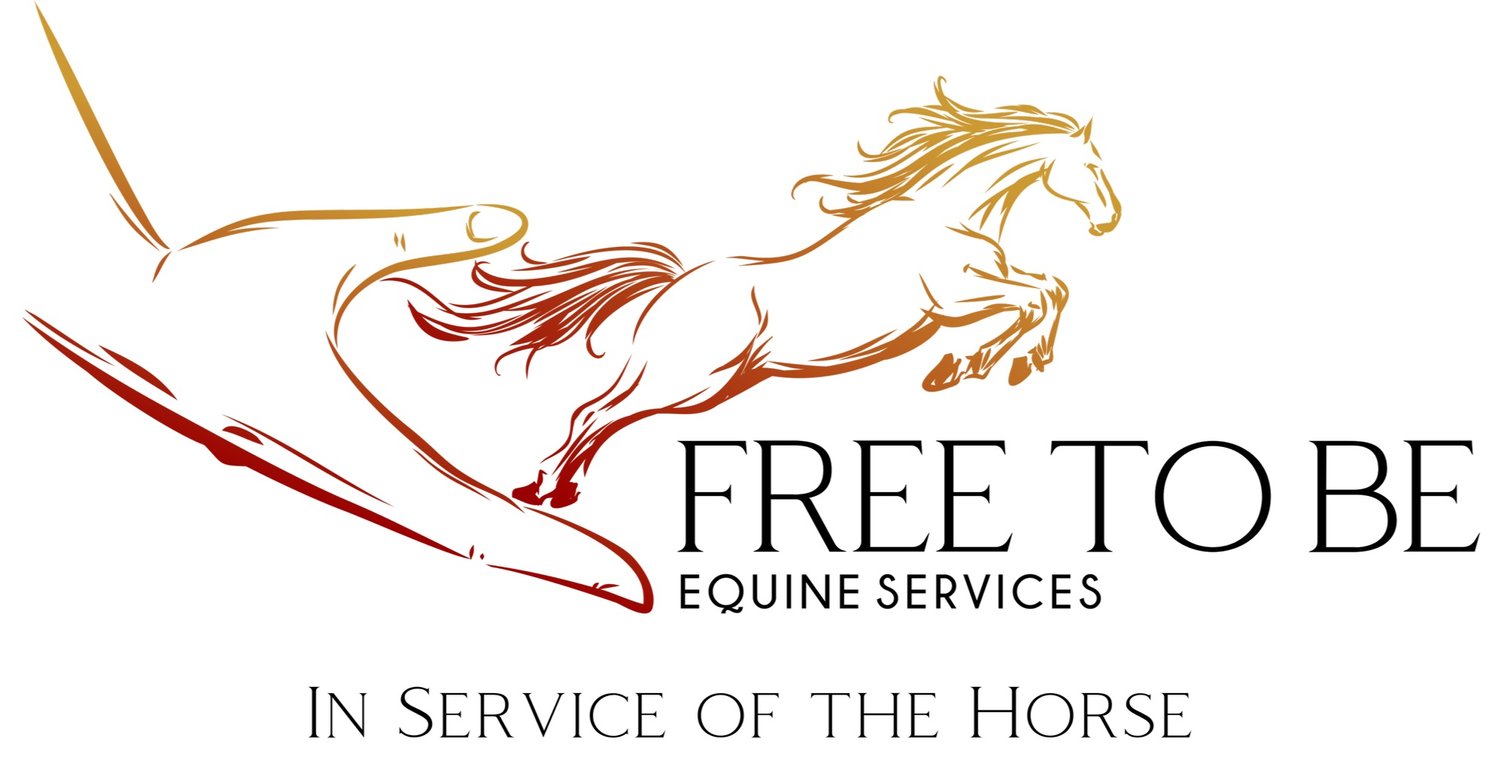I originally heard this term in regards to body positivity and health. Essentially, non-scale victories are improvements in health that aren't measured by the purely objective metric of weight loss. Some examples might be having more energy to play with your kids, or motivation to spend time with your horse, because you have been sleeping better and fuelling your body with healthier foods.
Objective measurements are very important to assess the effectiveness of things like equine bodywork and equine physiotherapy. It's how we determine what is actually helping the horse to improve, and by how much. Range of motion measurements, muscle size measurements, back tracings, and photo and video records are examples of common objective measurements. Scientifically speaking, there is less value in metrics outside of these measurements to determine efficacy.
The thing is - I really do see value in all of the other ways I can help horses outside of purely objective metrics. Here are some of the ways that my work has helped to change many of my equine clients' lives for the better - "non-scale victories", if you will.
Creating a sense of safety around touch.
Acting as translator between horse and human partners, improving their relationship with each other.
Helping horse owners learn how to read their horses' body language and behaviours.
Identifying hidden triggers for stress and anxiety, and working through them.
Allowing stoic or shut down horses to regain their autonomy and come into their bodies again.
Releasing unhealthy behaviours, postures, and movement patterns trapped in the nervous system.
Early detection of injuries, ill-fitting tack, nutrition and hoof issues, allowing the owner to seek help from the appropriate professional.
Regulation of stress/displacement behaviours in horses' daily lives, such as chewing, pacing, pawing, and spooking.
Increased nervous system regulation, such as the ability to quickly and smoothly return to neutral after a spook.
Improved relationship to connection in hand and when ridden.
Fewer injuries and paddock incidents due to improved proprioception and stability.
Trickle down effects from a comfortable body, such as improved hoof health and wear patterns, and symmetry and stability in muscle groups and movement, leading to improvements in performance.
Creating a sense of community and support for horse owners.
A couple of years ago I attended a live webinar with the esteemed Dr. Hilary Clayton - a veterinarian and equine researcher for over 40 years. In response to a question that I asked in the webinar, she spoke to the fact that although many techniques and modalities in the therapeutic space are unproven for horses, this is not necessarily because they don’t work, but rather because we have not come up with appropriate ways to test them yet. I often recall her wise response to remind myself to balance both critical thinking and logic with an open mind.
If you’re located on Vancouver Island or the Lower Mainland and think that your horse could benefit from this approach, please reach out about appointment availability. I also offer online mentorship to equine therapy professionals and students.
Consider signing up for my newsletter - an educational resource, free of charge and sent straight to your inbox 2-4 times per month. Sign up HERE.
Thanks for reading!

